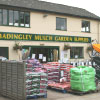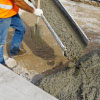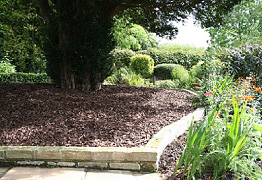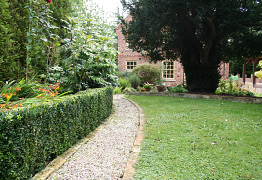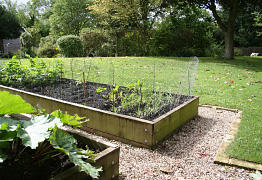All About Mulch
What is mulch?
A mulch is any material applied to the soil surface for protection or improvement of the area covered. Mulches are frequently applied around plants to modify the soil environment and enhance plant growth.
The mulch material may be organic such as bark, wood chips, pine needles, composts or similar material; or inorganic such as gravel, pebbles or woven ground cloth.
Benefits of mulching
Mulching has the following beneficial effects upon the soil and plants:
- Mulches can prevent loss of water from the soil by evaporation. Moisture moves by capillary action to the surface and evaporates if the soil is not covered by a mulch
- Mulches suppress weeds when the mulch material itself is weed free and applied deeply enough to prevent weed germination
- A more uniform soil temperature can be maintained by mulching
- The mulch acts as an insulator that keeps the soil cool under intense sunlight and warm during cold weather
- Mulching will prevent crusting of the soil surface, thus improving absorption and percolation of water into the soil and at the same time, reducing erosion
- Organic materials used as a mulch can inprove soil structure and tilth. As a mulch decays, the material becomes top soil. Decaying mulch may also add nutrients to the soil
- Mulches also add to the beauty of the landscape by providing a cover of uniform colour and interesting texture to the surface
Where to use mulch
Mulch entire beds of shrubs, trees, annuals, perennials and/or ground cover. Mulching is an extremely important practice for establishing plantings. Mulch helps to conserve moisture in the root ball of the new soil. Mulch also helps discourage weeds that can compete with new plants for water and nutrients. In addition to being useful around plants, mulch can be used as a ground cover for walks, pathways, driveways, play and natural areas.
When to use mulch
Mulch can be applied around established plants at any time. Newly planted plants should be mulched after they are planted and thoroughly watered. Organic mulches will gradually decompose and need replenishing to function effectively as a mulch. How often this needs to be done will depend on the mulching material used. Pine bark and wood chips break down very slowly and need only to be replenished every two or three years.

